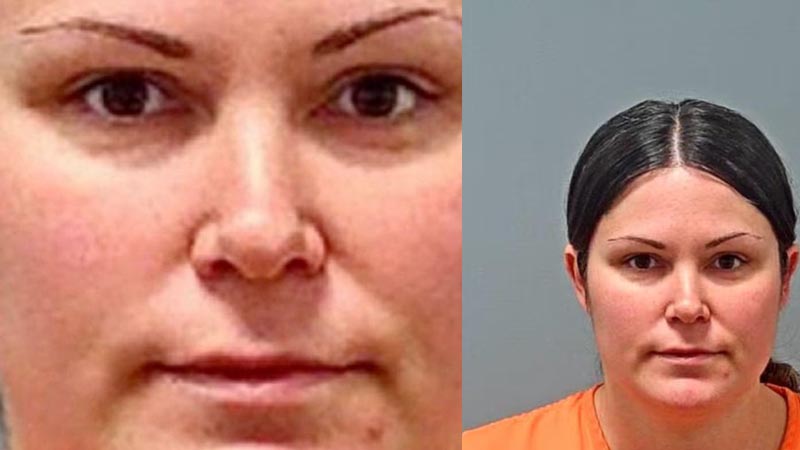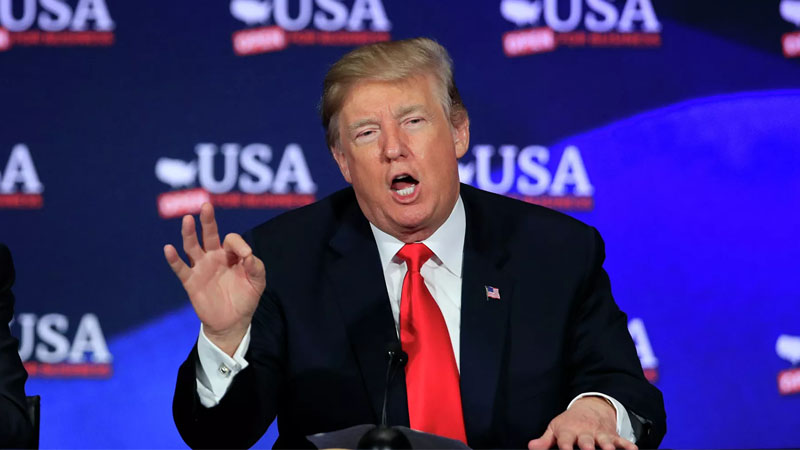David Rothkopf Criticizes Trump’s Trial as Exposé of Systemic Deceit Beyond ‘Minor Bookkeeping

BRANDON BELL/GETTY IMAGES
Donald Trump’s ongoing criminal trial has been characterized by his campaign as a minor bookkeeping discrepancy. However, critics and observers argue that the nature of the charges—a hush-money case—merely scratches the surface of deeper, more systemic deceit in his personal and professional life.
This perspective was detailed by Daily Beast columnist David Rothkopf, who argued that the trial reveals more than just financial impropriety; it exposes a lifetime of falsehoods. Trump is currently facing allegations that he falsified financial records to obscure payments made to an adult film actress, which are said to have occurred during his third marriage.
According to Rothkopf, the testimony of the trial’s first witness, former National Enquirer publisher David Pecker, has already shed light on potential criminal actions and a pattern of fraud within Trump’s operations. Pecker’s involvement and his evidence indicate a deeper level of complicity in Trump’s attempts to manipulate public perception and legal accountability.
“In some respects, it is no surprise he has become the world’s most notorious liar. He has had quite a lot of success lying and then lying about his lies.” “It is not a case about ‘paperwork’ or ‘bookkeeping,'” Rothkopf wrote. “It is not a bland little nothingburger of arcane, hard-to-prove white-collar crime. It is not just the ‘hush money’ or the ‘porn star’ sideshow.
“It is a case about an alleged attempt by a man running for this country’s highest office to systematically defraud voters and use illegal means to gain an advantage in an election.” “One of the most damaging aspects of the current case is that day in and day out for the next six to eight weeks the public will be given examples of how Trump lies, surrounds himself with liars, and has in fact made a profession of lying,” Rothkopf wrote.
Beyond the immediate legal battles, Trump is also grappling with broader accusations of financial malfeasance, including owing over $450 million in fraud penalties. His Trump Foundation has been dissolved after misusing charitable funds, and his Trump University settled a $25 million fraud claim, underscoring a history of ethical and legal breaches, reported the Washington Post.
Rothkopf goes further, suggesting that Trump’s entire persona and career are built on fabrications. He draws connections between Trump and figures like Rupert Murdoch, the late Roger Ailes, Vladimir Putin, and other entities associated with disseminating misinformation. These associations, Rothkopf posits, are indicative of a broader “Misinformation Industrial Complex,” within which Trump operates not just as a participant, but as a central figure.
The trial, therefore, is portrayed not just as a legal reckoning, but as a pivotal moment that could unravel the myriad falsehoods that Rothkopf claims define Trump’s life. From his business successes and wealth to personal details such as his height, weight, and even his golf skills, every aspect is suggested to be a potential lie. This trial offers a rare judicial setting where these allegations and the truth behind them could be conclusively addressed, challenging Trump’s narrative directly.
Rothkopf’s critique culminates in the stark assertion that Trump himself is not just a liar, but a lie—a fabrication so entrenched that it blurs the lines between reality and fiction. He compares Trump’s constructed persona to the sensational stories often found in the pages of outlets like the National Enquirer, suggesting Trump is as fictional as the alien tales they publish. This trial, according to Rothkopf, is crucial because it represents a moment when the truth about Trump could be definitively exposed, challenging the layers of falsehoods that have supported his public and private endeavors.


